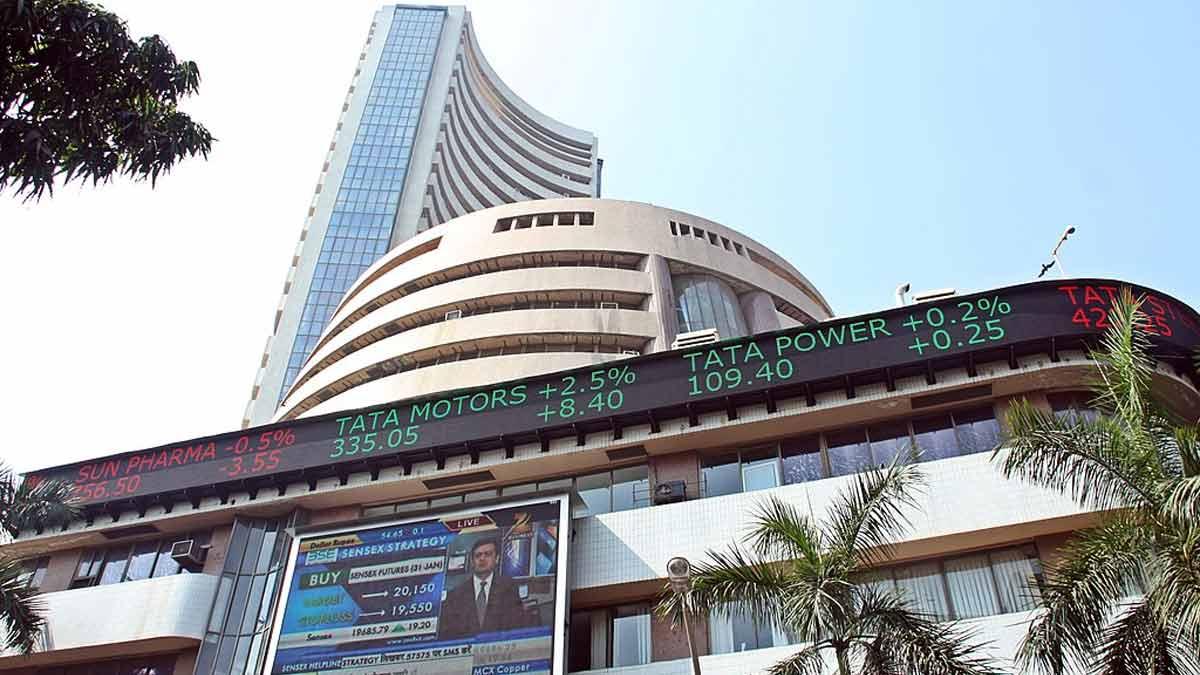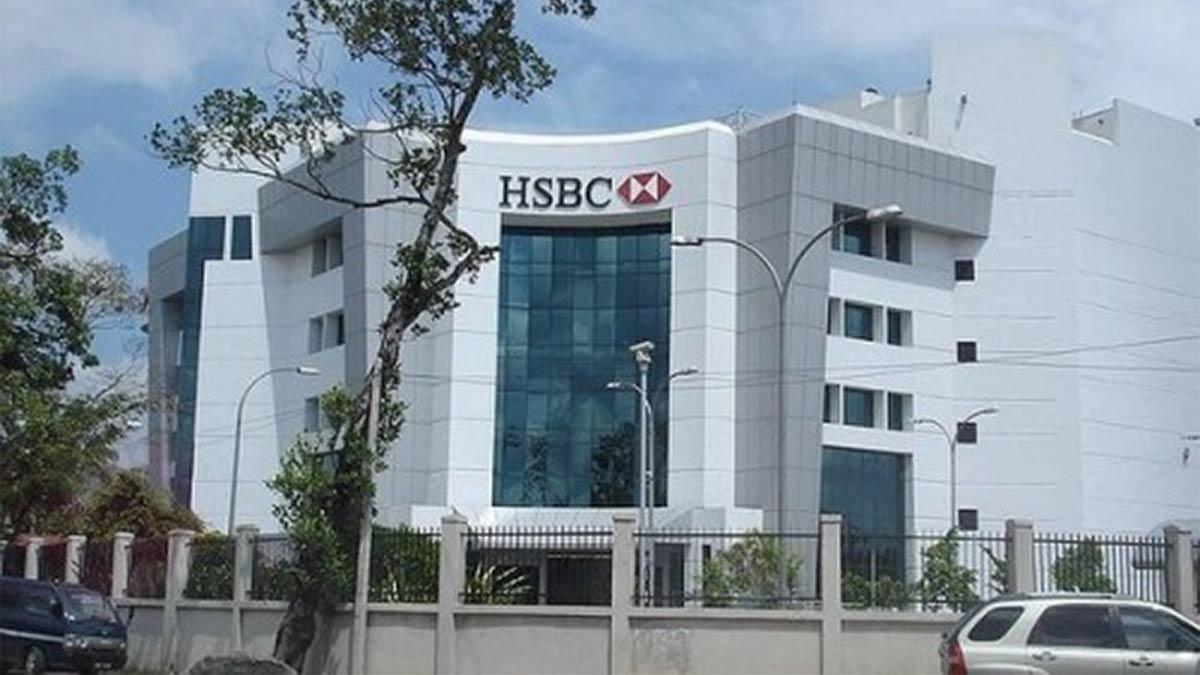The Indian stock market opened lower on Tuesday after US President Donald Trump announced a 25% tariff on all steel and aluminum imports into the United States, with no exceptions or exemptions.
The move has sent shockwaves through global markets, impacting investor sentiment and raising concerns over trade tensions.
At around 9:32 AM, the BSE Sensex fell 172.29 points or 0.22% to trade at 77,138.51, while the Nifty 50 fell 56 points or 0.24% to settle at 23,324.80.
Impact on Indian Steel Industry
The Indian Steel Association (ISA) has expressed deep concern over the US government's decision to impose tariffs, urging the Indian government to negotiate the removal of anti-dumping and countervailing duties on Indian steel exports.
On the one hand, the ISA believes that the new tariff will bring down steel exports to the US by nearly 85%, leading to excess supply in the domestic market and, consequently, a price meltdown.
Sectoral Performance: Market Resents Global Uncertainty
Key sectors opened in the red in early trade. Eicher Motors and Apollo Hospitals topped the loser list in the Nifty after reporting weak Q3 financials.
On the National Stock Exchange (NSE):
The sharpest declines were witnessed in Nifty Realty and the Nifty Auto indices.
Nifty Media and Nifty Pharma also fell due to investor caution.
There was mixed trading in Nifty Metal that includes steel and aluminum companies as the traders waited for long-term effects of US tariffs on Indian exports.
Market Sentiment and Technical Analysis
Analysts said that the market had declined sharply in the face of a cautious sentiment, as indicated by global economic uncertainties and weak domestic triggers.
The daily charts have taken a bearish candlestick formation according to the technical experts, and the Nifty index will face key resistance at 23,460, which can give a breakout for the gains toward 23,550 and 23,700. On the other hand, if Nifty fails to sustain above 23,300, it may test lower support levels at 23,150 and 23,000.
Foreign and Domestic Institutional Activity
Institutional flows are significantly influencing the market trends. On 10 Feb:
Total FII sold equities worth ₹ 2,463 Cr.
While, Domestic Institutions bought equities worth ₹1,515 Cr
The selling pressure of foreign investors seems to be there as the domestic institutions seem to be trying to comfort the impact that it is creating in the market,
Market Experts on Market Trend
Financial analysts and market experts have suggested that traders be cautious and wait for a clearer confirmation of market trends before making fresh investments. Aakash Shah from Choice Broking said:
Global Market Reactions and Trade Concerns
The US decision to introduce protectionist tariffs has already started to affect international markets. Asian and European stock indices also opened lower, due to concerns that the US might further escalate trade restrictions in other key sectors.
The Dow Jones Industrial Average (DJIA) slipped in pre-market trading, reflecting concerns over possible retaliatory tariffs from affected nations.
European steelmakers and auto companies also recorded losses, anticipating increased costs and supply-chain disruptions.
Declines were also noted in the Shanghai Composite Index and Japan's Nikkei 225, as it shows there are more global concerns over what a global trade war may entail.
Government Reaction and Future Prospect
The Indian government is expected to engage US trade representatives and discuss possible exemptions or relaxations in the tariff policy. Additionally, domestic steel manufacturers may diversify their export markets to not be dependent so much on the US.
Read also| Bangladesh Election Commissioner Pledges to Maintain Neutrality in Polls
Read also| H-1B Initial Registration Opens on March 7: USCIS


















